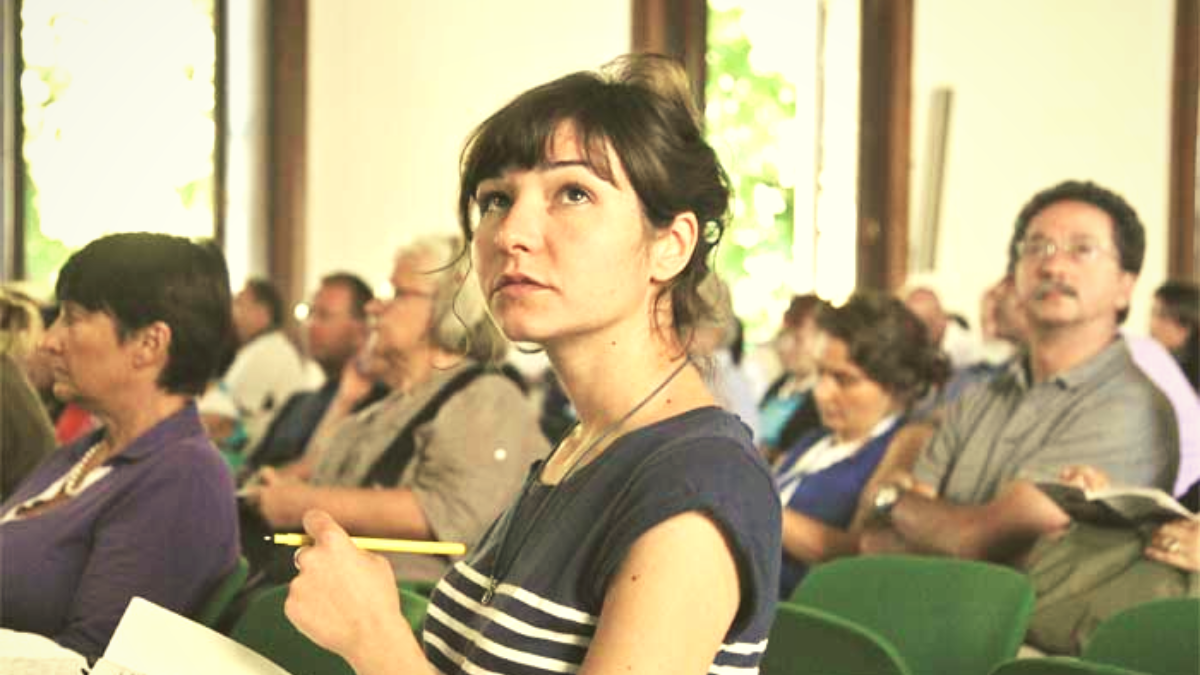Suppose that while you’re in college, one of your professors challenges you to look at the world from a different perspective. Or perhaps you discover that you’re really good at research and writing. Or you’re realizing that your classes are making you want to learn more about your discipline—even teach it. At this point, you might be asking,
“Should I go to graduate school? Should I get a PhD?”
Given that it usually takes 3-7 years to get a PhD and academia is extremely competitive, this is no light question to be asking. Here are a few things to consider before applying to graduate school.
1). Do I have what it takes to be an academic?

Professional academics wear a lot of hats, from researching and writing, to presenting and teaching. You’ll also need to be independent, focused, self-directed, and passionate about your discipline to succeed.
Before committing to a PhD program, make sure you actually care about what you are going to be studying. On top of this ask yourself if you are ready to work hard and to push yourself to become a better researcher, writer, public speaker, etc.
2). Is getting a PhD worth the time and money?
Grad school takes time. And to borrow an old business cliché, “time is money.”
While scholarships and fellowships will help offset the the actual cost of graduate school (see question 4 for more on this), it’s worth considering the opportunity costs involved.
Your peers will be starting jobs and earning money; your income (if it exists at all) will be much more modest. Carefully weigh the expected payoff against the time and money spent and opportunities forgone.
3). Is this what I really want to do?
Some people go to grad school because they’ve aren’t sure what they’d like to do after getting their undergrad degree—they’re trying “find themselves.” This is not a good reason to enroll in a PhD program, given the challenges I’ve already mentioned above.
Go to graduate school only if it’s what you really want to do.
4). Can I secure funding from my PhD program?
A good degree program which believes in your potential will offer you at least some funding, even if it won’t fully fund your degree.
If you can’t secure financial assistance in any of the PhD programs you apply to, this could be a sign that you should consider career paths other than academia.
5). What do I have to look forward to after I get my PhD?
Once you have your PhD, you’ll enter the world of academia and all it entails: balancing research with teaching, working to get your research published, and seeking tenure.
If this excites you, it might be worth spending the next few years of your life in graduate school (as long as you also have a good sense of what you’ll do with your degree before you commit to a PhD program and the career that follows). If life after graduate school sounds miserable to you, that’s a good indication you should consider pursuing a different career.

